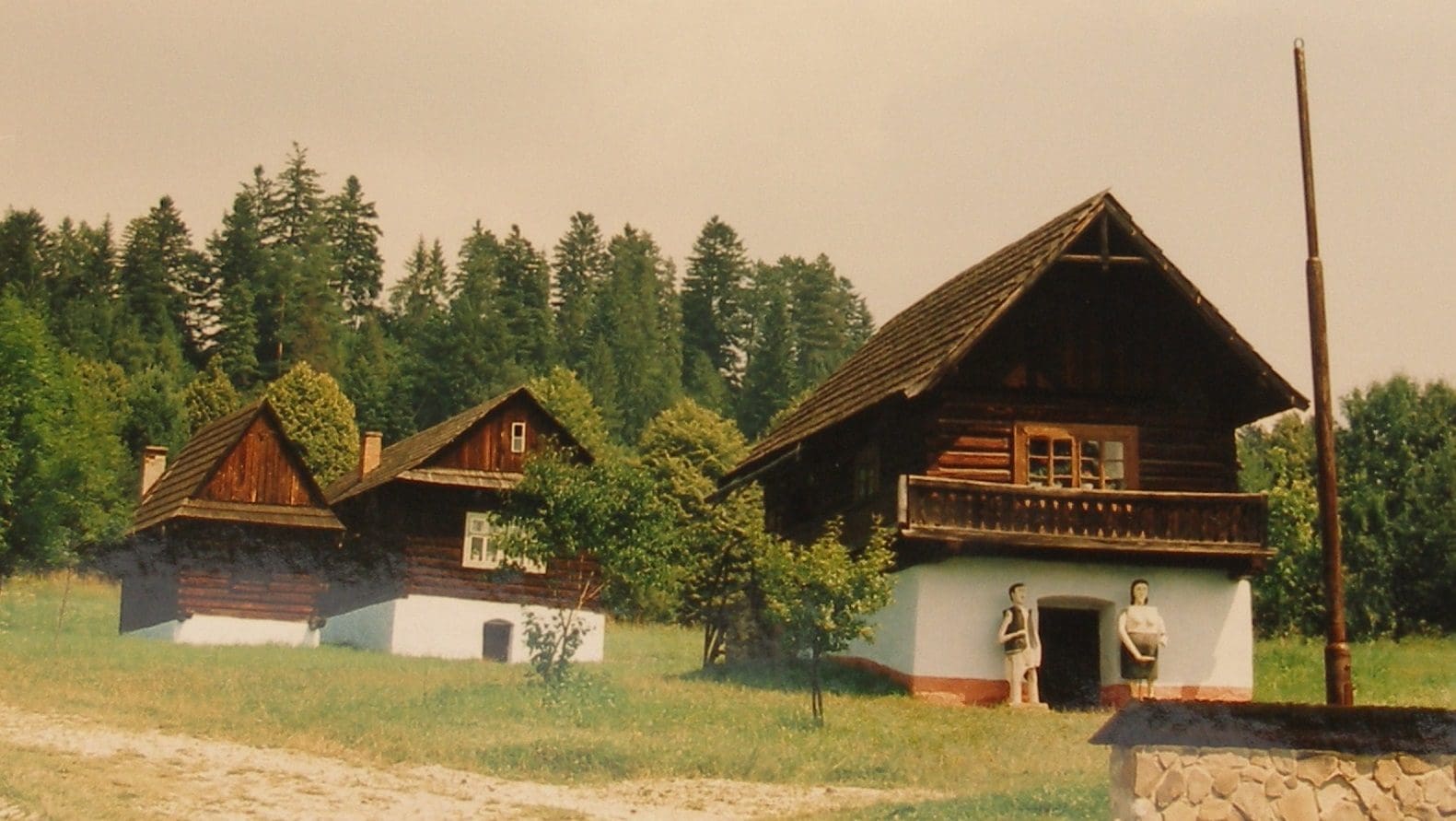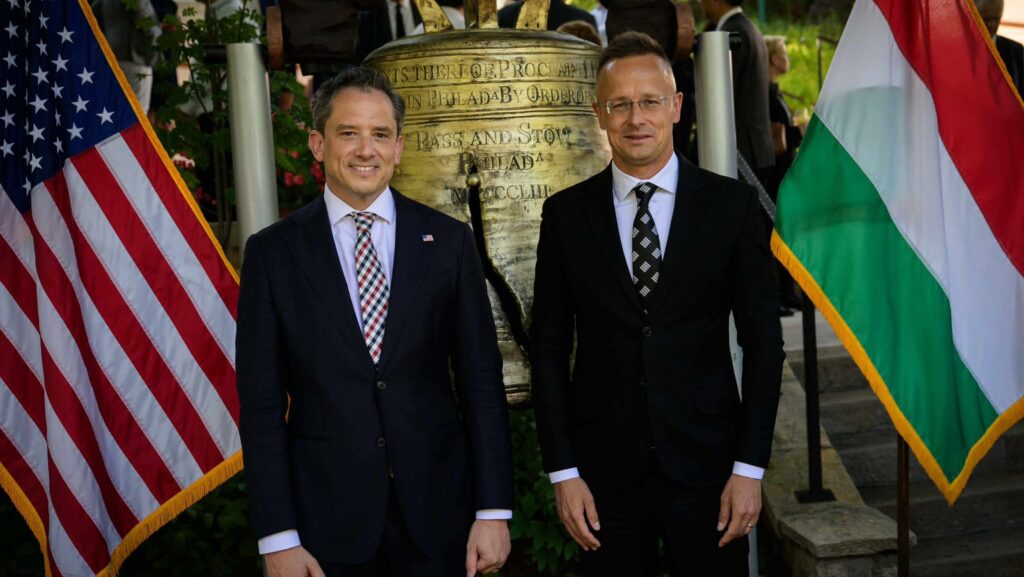Last month, the Slovak Land Fund (SPF) released its database of land plots with unidentified owners. The large number of unknown landowners is due to the loose administrative rules that were on the books at the Slovak land registry until 1964, which only noted the names of the owners without any additional identifiable information, such as home addresses or dates of birth, as expert Zoltán Bugár pointed out to the Upper Lands (Felvidék)-based news site Ma7.sk.
As a result, many of these unknown persons are now deceased, and their parcels belong to the next of kin who likely are not even aware they have inherited property. That is why local authorities are asking people who have had family living in the country to look through the freshly-released database to see if they have got ownership of any unclaimed land.
However, these initiatives to find rightful property owners are not without controversies.
First off, the Land Fund certainly did not make it easy for people to find their unclaimed land, with the release of seven large, ‘raw’ Excell tables (divided by the starting initials of the owners’ names), all spanning tens of thousands of rows. Second, another expert on the subject, journalist Szilárd Somogyi, told the Hungarian journal Mandiner that the number of lots with unidentified owners in the database is surprisingly high. While he did expect to see tens or even hundreds of thousands of unclaimed parcels, he was shocked to find around one million of them with the new data release. He suspects nefarious reasons behind all this.
He believes that SPF deliberately made the crucial property information hard to find
so fewer people come forward to take what is rightfully theirs, and thus it can control more land mass without owners.
What’s worse, Somogyi is of the opinion that people from the Hungarian national minority are likely overrepresented in the database of unidentified landowners for multiple reasons.
The most innocuous of these reasons is that they made up a larger proportion of the population in the early 20th century, when many of these unidentified landlords lived. However, many of the descendants of these owners who are of Hungarian nationality were pressured to leave their land behind due to discrimination by the Slovak government. That is certainly a reason for some of the parcels being unclaimed.
Also, there have been two instances where the Slovak government ordered the confiscation of land owned by ethnic Hungarians by law. The first such case happened in 1923, when the land reforms called for large masses of land owned by wealthy Hungarian landlords to be redistributed among Czechoslovakian settlers.
The second, better-known case was one of the so-called ‘Beneš decrees’ issued by an exiled Czechoslovakian government in 1945, which ascribed collective guilt to their German and Hungarian population in the wake of World War II. Part of the punishment for this collective guilt was land confiscation. Sadly, there have been instances of
the Slovak administration using these laws to claim property from our countrymen living in Slovakia as recently as 2018.
We have reached out to Tibor Nagy, an attorney practising in Nové Zámky (Érsekújvár), Slovakia, who is an expert on the subject. He did confirm that it is possible that the aforementioned land confiscation efforts have led to Hungarians being overrepresented in the database of unidentified landholders. One of the reasons for this could be administrative errors in the reapportion process. He also provided a great overview of the whole situation, writing:
‘Currently, the Slovak Land Fund is in charge of and presides over these “unnamed lands”, within the bounds of the law…[It] has the right to rent these lands out, and, within certain legal bounds, swap or sell them as well, especially in the cases of inlots.’
This certainly serves as a powerful incentive for the Land Fund not to make excessive efforts to find the rightful owners of these unclaimed lands. Mr Nagy also added that if anyone wishes to claim land based on the latest release of public records, they must have their documentation ready to prove ownership. such as birth certificates, death certificates, marriage licences, certificates of inheritance, etc.
Related articles:








